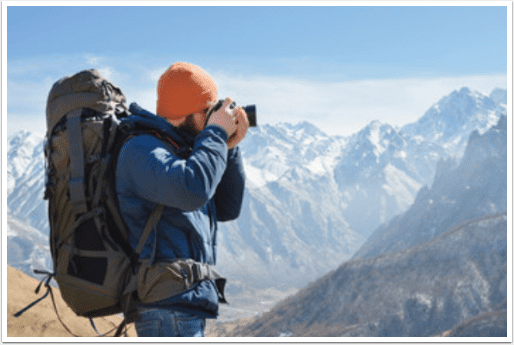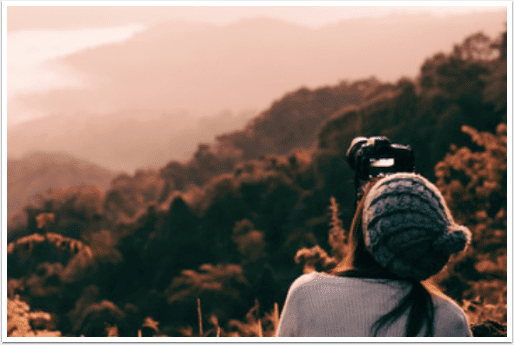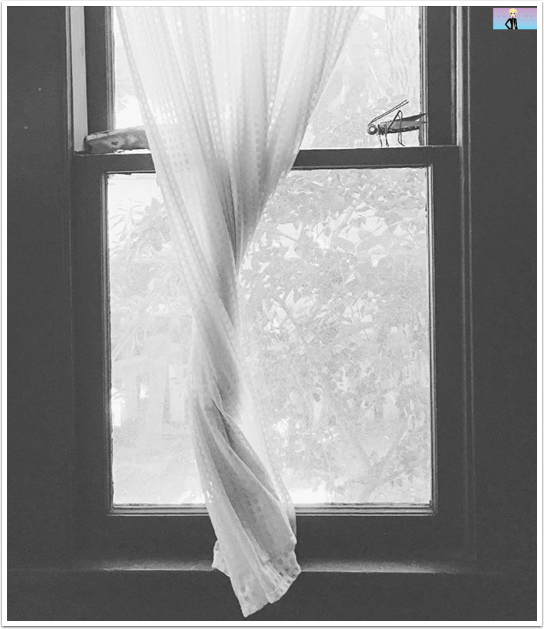How To Travel Light And Shoot Like A Pro
Some travelers roam the world because of their love of photography. There is something quite invigorating and fulfilling in capturing the earth’s wonders into still photos. It is often assumed that in order to capture amazing and intricate travel photos, a lot of camera gear is necessary. This is a drawback in travelling because camera equipment is more often than not, difficult to carry around. The tips below will shed some light on how to resolve this dilemma.

Choose your gear
Photographers find it rather difficult to leave behind their camera gear when they travel and this is because they assume that all their gear is necessary. But bringing everything is not advisable, especially when basic needs such as clothing and footwear also need to take up space in the luggage. Hence, it is essential to pick only at least five camera items that you cannot live without, and make sure that it fits into a compact, hiking backpack. A wide zoom lens tops the list of most photographers in terms of camera gear essentials. Others opt for lightweight tripods together with a simple point and shoot camera. But of course, batteries and chargers should not be left behind, as well as a remote trigger that even fits in your pocket. For travels that last over a longer period of time, external hard drives and camera cleaner kits also come in handy. For places that often experience heavy rainfall, a rain cover for the camera is deemed necessary.
Maximise the Use of Natural Light
A complete set of camera gear will surely aid in taking breathtaking photos. However, all these will be immaterial if a photographer is not equipped with the proper technique and skill. It is unfortunate to admit that while everybody loves photography and is appreciative of wonderful pictures, not all have a keen eye to capture impressive stillness. With the proper technique, a lot of camera gear may be deemed unnecessary, hence, bringing a lot of stuff during travels is not needed.
A great photographer maximizes the use of natural light, outdoing pictures captured with a complete set of camera equipment. There is what is known as a golden hour. This is a very small window in the morning as the sun is rising and in the afternoon as the sun is setting, wherein the natural light is impeccable, resulting in perfect outdoor landscape pictures. In this case, flash is unnecessary and can be left at home. However, working with natural light may be challenging, especially during rainy days. On a positive note, gloomy weather can add drama to your shots. As a bonus tip, a piece of plain white cardboard can be used as a reflector when needed, and this does not take up much space in your luggage. In fact, you can even use it as a fan when it is hot.
Plan and Be Ready
The content of your luggage depends on your destination. For sure, you will not bring with you a parka if you are traveling to a tropical country. This is true with the camera equipment you need to bring with you during your travel. If you are headed towards the beach or a tropical country, chances are you do not need to bring with you a flash. On the other hand, if you are travelling during the winter months or to destinations where rain usually pours, then it is best to bring with you a camera cover.
If you are only traveling for a couple of days, then perhaps bringing along a couple of external hard drives may no longer be necessary because you have the option to store your photos on a cloud server. But this may not be the case if your trip requires you to be away for a few weeks, or even months. It also helps to know if there are local service centers in your destination so that you will be prepared if something unfortunate happens with your camera and camera gear. Hence, it is important to know the details of your trip for you to be able to plan what to bring in terms of your camera equipment. This will enable you to pack light and leave some room in your luggage for more important stuff.

Final Word
Overall, travelling is fun and being able to capture awesome photos while on the road is even more amazing. However, mastering the art of photography is a skill that can be used to your advantage in terms of traveling, and traveling light at that.





